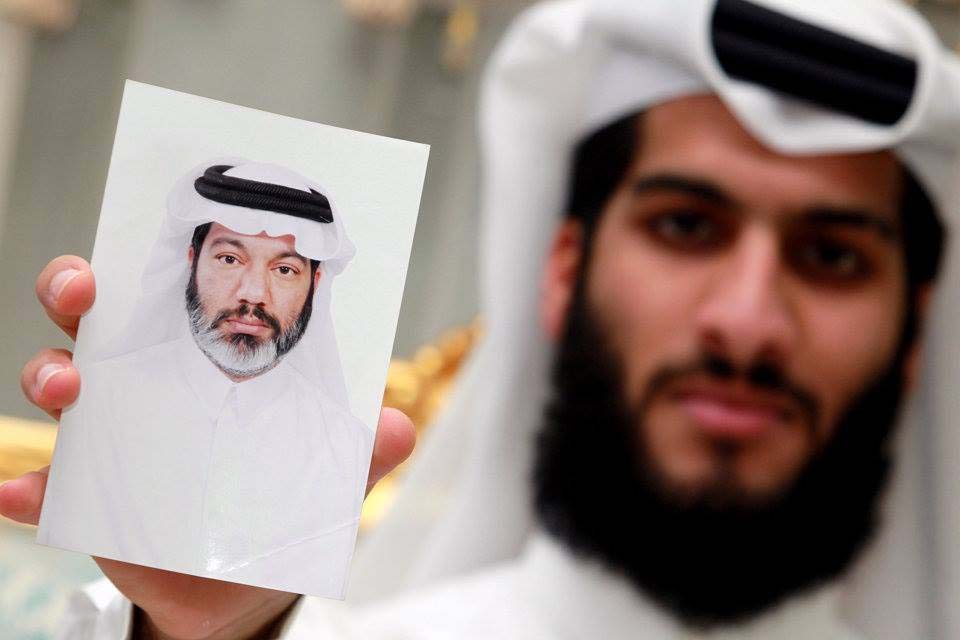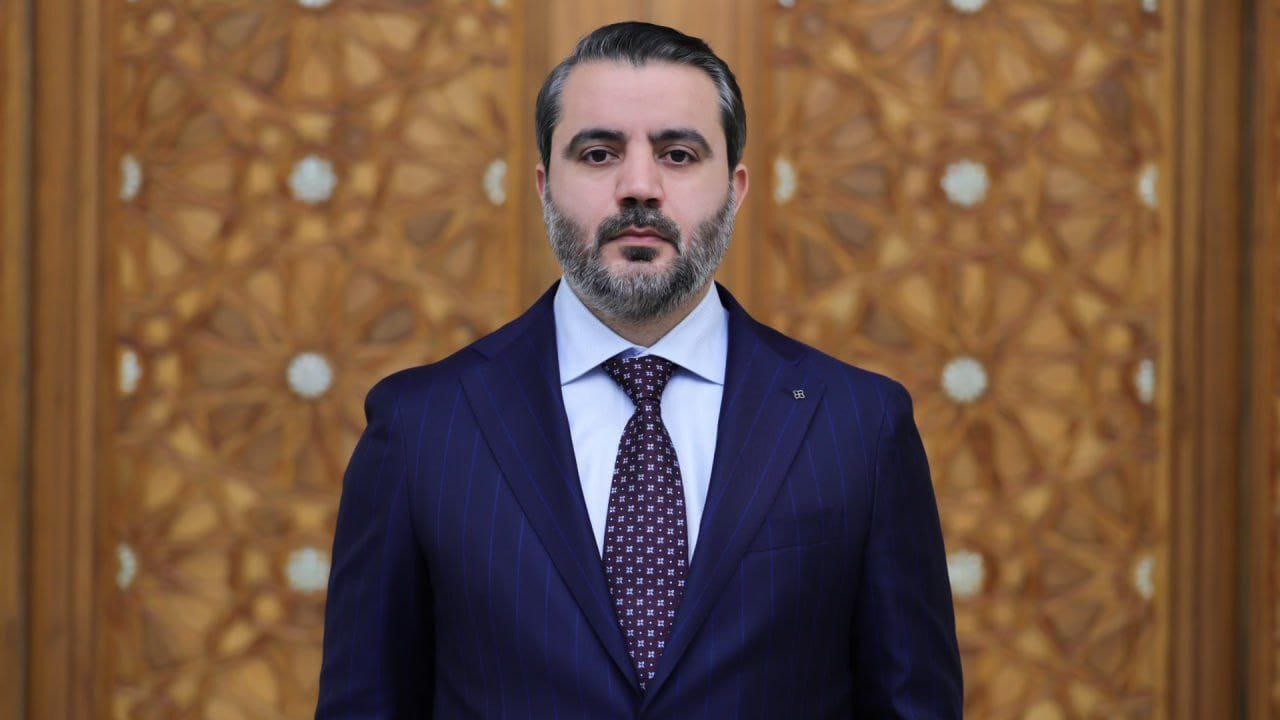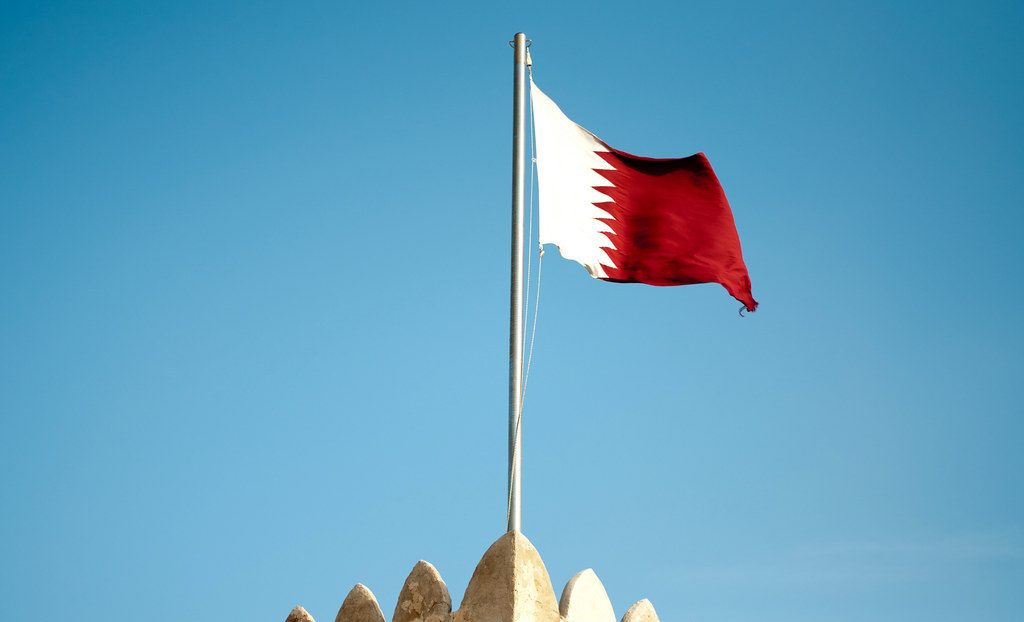
An Abu Dhabi court has sentenced Qatari doctor Dr. Mahmood Abdulrehman Al Jaidah to seven years in prison for “financially and morally supporting” members of the Muslim Brotherhood.
According to the court, 52-year-old Al Jaidah gave money to the families of detained members of the Al Islah group, a banned organization in the UAE affiliated with the Brotherhood.
Al Jaidah, director of medical services at Qatar Petroleum, has denied these charges, but will have no legal avenue to appeal the decision, his supporters have said.
On Twitter, condolences poured in on the hashtag #محمود_الجيدة (Mahmoud Al Jaidah), with supporters expressing dismay at the verdict and urging patience and faith for Al Jaidah’s family.
https://twitter.com/hassan_bah/status/440433360620765184
فقط في #الامارات قضايا أمن الدولة لايوجد بها استئناف
اللهم عليك بهم فانهم لايعجزونك
جمد الدماء في عروقهم وشل اطرافهم#محمود_الجيدة— حسن #محمود_الجيدة (@AlJaidah) March 3, 2014
Two others were also convicted on the same charges – Emiratis Abdulwahed Al Shehhi, 32, and Saeed Al Buraimi, 42 – and face five years in prison.
‘Miscarriage of justice’
The doctor was taken into custody last February while transiting through Dubai International Airport.
In the eight months before he was formally charged in November, Al Jaidah was kept a secret detention center. Supporters said that while there, he was tortured by interrogators.
According to the Emirates Centre for Human Rights, which condemned today’s verdict as a “gross miscarriage of justice,” Al Jaidah was deprived of sleep, beaten on the soles of his feet and punched in the face repeatedly. Guards also reported threatened to remove his nails, hang him or bury him in the prison graveyard, the center said.
In a statement released today, ECHR director Rori Donaghy said:
“No evidence was produced to demonstrate that a crime had been committed and it appears that Dr. al-Jaidah is simply a pawn in a disagreement between the UAE and Qatar.”
His sentiments echo previous objections voiced by rights group Amnesty International, which last week called Al Jaidah a “prisoner of conscience” and urged his immediate release.
Politics
Qatar-UAE relations have been tense lately, largely due to the political climate in Egypt. Qatar supported the previous government of President Mohammed Morsi, who was part of the Muslim Brotherhood.
Morsi was overthrown last summer, and the new military-backed government has been given billions of dollars in aid from the UAE, Saudi Arabia and Kuwait, countries that are leery of the Brotherhood.
Exacerbating problems in recent months has been Sheikh Yusuf Al Qaradawi’s outspoken statements against the new Egyptian government and its supporters.
The Qatari national of Egyptian descent has sparked the ire of Gulf neighbors, as well as Cairo, which has recently renewed calls for his extradition.
Speaking to Doha News, analyst Michael Stephens, director at the Royal United Services Institute in Qatar, said the Al Jaidah verdict is one more factor hampering relations between Doha and Abu Dhabi:
“The tensions between Qatar and UAE are a source of deep concerns. The trial and sentencing of Dr. Al Jaidah will only serve to heighten an already strained relationship.
The Emiratis’ view it as a matter of national security, the Qataris as a political weapon to punish them for their pro-Brotherhood stance. Neither side is likely to accept the view of the other at this point in time.”
Thoughts?







